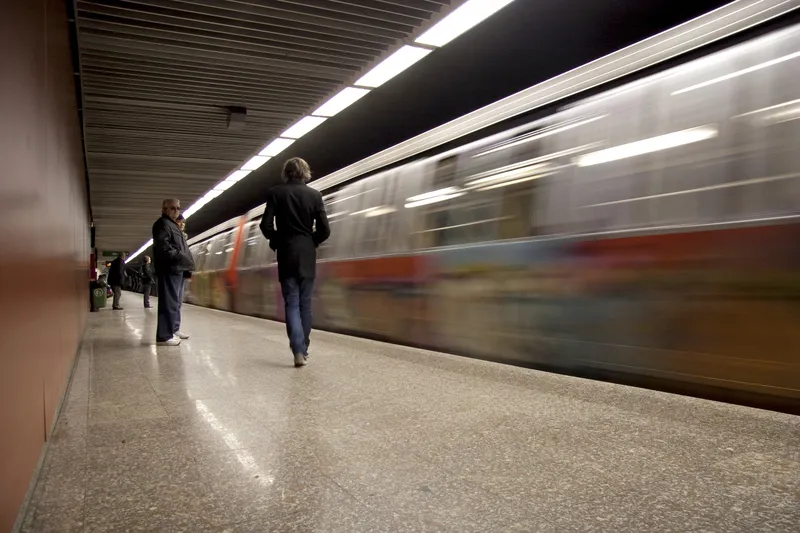
MaaS Global, the Mobility as a Service company behind the Whim app, says it is "reorganising" but has found new partners to move forward.
From its base in Helsinki, Finland, the Whim app has been so far rolled out in countries including Japan, Austria, UK, Switzerland and Belgium, but the firm is now "evaluating all of our country operations".
Some MaaS Global staff are also being laid off, founder Sampo Hietenan revealed in a LinkedIn post: "We all know that start-up life is a rollercoaster ride and as for many, the recent months have been quite tough for MaaS Global."
"Thankfully we have new partners to take the first steps on our new route together," he wrote, promising more news 'soon'.
In May, the company announced that it had hit €1m in monthly recurring revenue for the first time. But times have remained tough: while regular travel behaviour is returning and there is "strong growth" in Whim app usage, "the funding environment and investor expectations for start-ups like us shifted significantly".
"Building something completely new involves risks and these latest market developments have forced us to plan a new route to be able to deliver on our mission," he adds.
"Unfortunately that means that some of our talented colleagues are now looking for new opportunities. Every single one of them has played an important part in our company."
Hietenan posted a link where companies interested in hiring ex-MaaS Global staff could leave their contact details "and we will help to connect you to a group that has proven their skills and resilience in creating something unique".
"Our goal has not changed: we want to bring Mobility as a Service to people, and we believe that MaaS can help create more livable cities and a better planet," his post concludes.
In 2019 MaaS Global announced BP had invested in the company and revealed that the company also has "car manufacturers, bus operators, insurance companies and transport service providers as investors".










